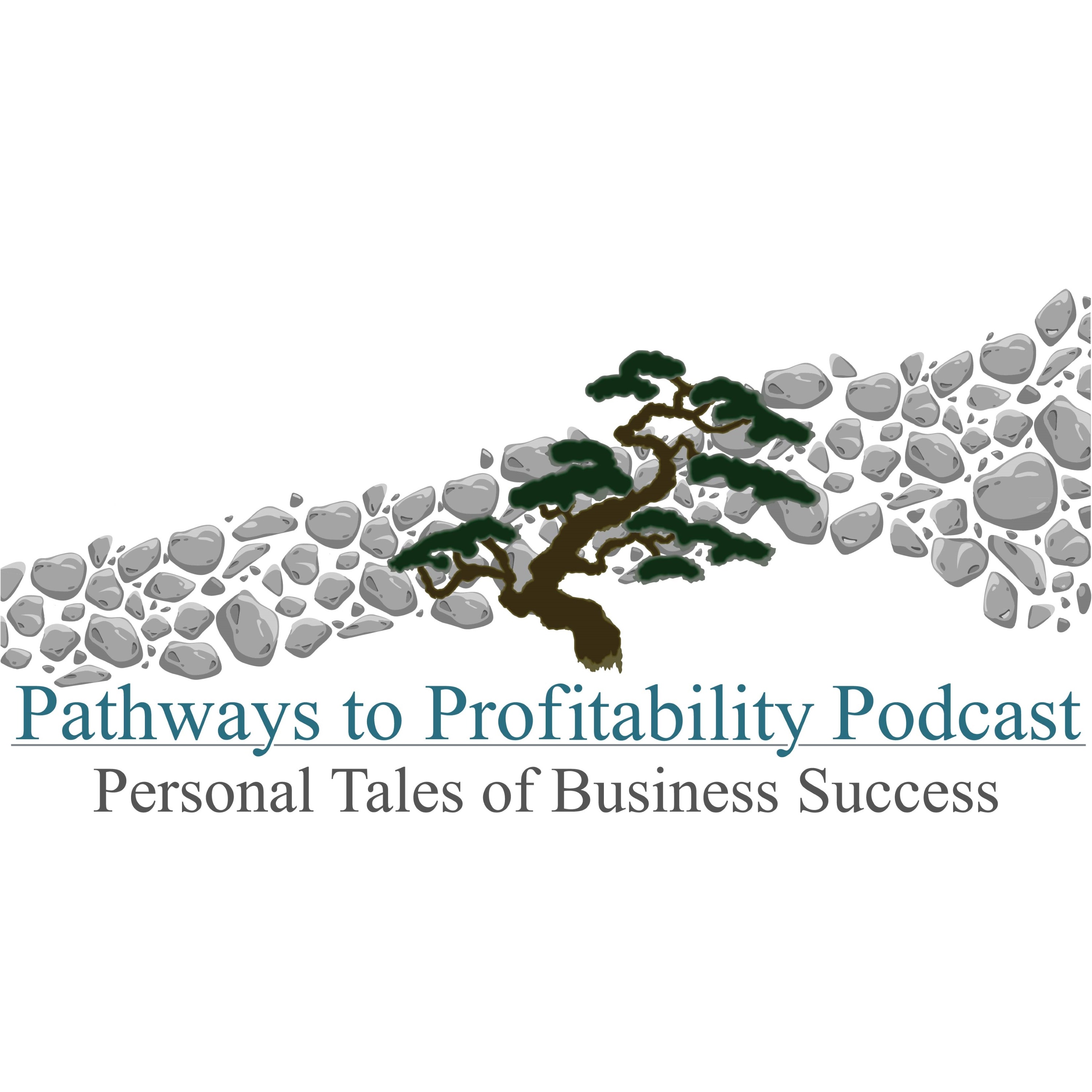- “Being Part of People’s Success and Happiness”
Episode 33: Christy Maxfield, Purpose First Advisors
22m - Jul 11, 2023 - “CFO Your Way Team Introduction”
Special Episode 32: “CFO Your Way Team Introduction” with
Cheryl Mucha, Founder & CEO
Steven Blankrot, CPA – Manager
Lucille Gabel, Bookkeeper
Lorraine Geist, Bookkeeper
Stephanie Guillen, Business assistant
Megan O’Brien, Bookkeeper
18m - Jun 6, 2023 - “A Human Connector and Communicator”
Episode 31: Michelle Vernuccio, President of the North Jersey Chamber of Commerce
21m - May 25, 2023 - “Are You Running Your Business or Is Your Business Running You?”
Michele Mollard, Professional EOS Implementer®
28m - Apr 27, 2023 - “Find Something That You Really Love to Do”
Episode 28: Danny Wood, Sandler Training
24m - Apr 13, 2023 - “The Red Chair Experience”
Episode 27: Chris Michel, Author | Coach Chris Owner & Founder
22m - Mar 30, 2023

Pathways to Profitability Podcast: Personal Tales of Business Success
Loading...